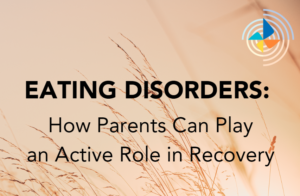Medical Treatment & Medications
Medical Treatment
People with eating disorders need to see a physician in person on a regular basis. The doctor can watch for and treat any physical problems that are a result of their illness.
The doctor will likely look for:
- changes in weight, pulse, or blood pressure
- dental problems
- strength of bones (bone density)
- unusual levels of electrolytes (potassium) in the blood, or other concerns about bloodwork results
- concerns about hormone levels
Children and youth also need to be carefully monitored to make sure they are growing and developing at a normal rate.
Medications
The treatment plan for eating disorders sometimes includes medications. They are usually offered in addition to family or individual based psychotherapy. Medications can help people with eating disorders who are struggling with other mental health symptoms, like anxiety or depression. The doctors who assess for eating disorders and other mental health challenges are psychiatrists or psychologists. Psychiatrists, pediatricians or family doctors can prescribe medications.
The types of medication used most often for people with eating disorders are antidepressants and antipsychotic medication. They can help to decrease the anxiety or mood problems that exist along with the eating disorder. Antidepressants have more evidence for the treatment of bulimia nervosa than for anorexia nervosa. There is very little research on medications that reduce symptoms of binge-eating disorder, especially in children and youth. Some research shows that antidepressants can be helpful.
Many of these medications have side effects and anyone taking them should be closely followed by a professional who has experience working with people with eating disorders.



